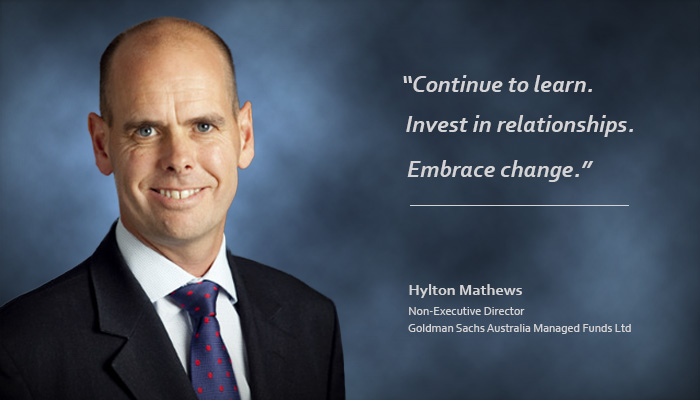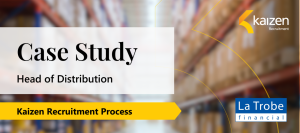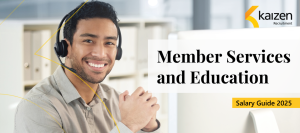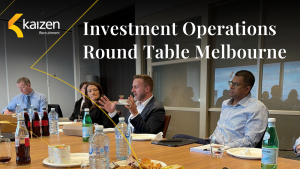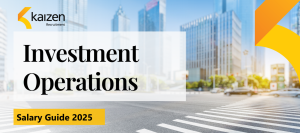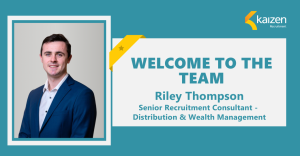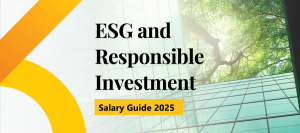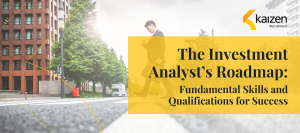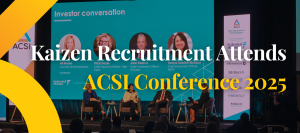Careers in funds management – Hylton Mathews
Overview of your career to date:
I qualified as a Chartered Accountant in South Africa in 1991, completing my articles at Deloitte and then PwC. Post that, I worked for Standard Bank of South Africa mainly in corporate and structured finance and then for a start-up infrastructure funding corporation as General Manager of Finance. On relocating to Australia, I had a year consulting in the financial services industry for Ernst & Young. I then joined JBWere and worked for a couple of years in the product development space for their private wealth management business.
This led to a broader role across the firm in product management before being appointed Chief Operating Officer for Asset Management in 2005. JBWere was ultimately acquired by Goldman Sachs, so a number of my years as COO were with the global firm. My role was expanded to cover parts of the Asia Pacific region for GSAM. In 2014 I retired from corporate life and since then have been focused on non-executive director roles. I currently serve on the boards of Goldman Sachs Australia Managed Funds and AvSuper a public superannuation fund that mainly serves the aviation industry.
How did you get your first position in the industry?
My first position in the financial services industry following the completionof my CA qualification and articles was in internal audit at Standard Bank in South Africa. My first role in pure funds management was not until I was appointed COO of Asset Management at JBWere. I had spent time in a product role at JBWere where I had gained experience in funds and investment management.
How have you approached your career development, what are your key learnings from your journey so far?
It has truly been a journey. I realised probably only later on in my career that as much as you have goals and aspirations of where you would ultimately like to end up, these goals will likely either change or the path to achieve them will be very different to what you anticipated. As I experienced different roles, industries, people and life in general my views changed.
There are so many external factors you can’t control. I was fortunate to enter the investment management industry in favourable investment market conditions that continued for some time until the GFC hit. Entering at the time of the GFC, or after, would have been a lot more difficult and my career would have no doubt progressed at a slower pace.
One of my key learnings has been to recognise the importance of continuing to learn in a role. This is not always easy in all roles, but I found there is always a way to make a role more interesting, whether it be by challenging the way things are done or by extending the remit of the role. Ultimately, the individual and the organisation benefit from this sort of approach. I think investing in relationships is also critically important. Like so many other businesses, investment management is ultimately a people business so building trusted relationships over time definitely pays dividends.
“In terms of my career, I was quite deliberate in how I approached it in the early years.”
In terms of my career, I was quite deliberate in how I approached it in the early years. I was focused on getting the CA qualification as I knew it would provide a solid foundation for whatever I wanted to do, as well as giving me an opportunity to work internationally. I also focused on financial services, as this industry excited me. Finally, I always tried to be thoughtful about the types of organisations I worked for, especially early on.
I was fortunate to get some top tier firms on my CV such as Deloitte, PwC, Standard Bank, Ernst and Young, JBWere and Goldman Sachs. The second part of my career, starting with my move to Australia, has been less deliberately planned in many ways. I found as I experienced life events such as having a family, my motivations were slightly different and while my career has always been important to me, there were more things I needed to balance with my career. I have been very fortunate in the way things have worked out for me.
What made you move on from your position at GSAM and seek a career transition into Director / Trustees positions?
I reached a point in my career where it was time to make a change. Twenty-five years is a decent time in corporate life and I wanted to try something different and have more time to do other things which are important to me. In terms of director/trustee positions, I felt that this was a way in which I could continue to be involved in the financial services industry and also use the skills and experience that I have acquired over the years. I think these skills and experiences are also transferable to other industries and areas of interest.
Can you tell me about your position with AvSuper and your non-executive director position with GSAM?
They are both non-executive director roles. AvSuper is a public superannuation fund with most of its members coming from the aviation industry.
The role at GSAM is as a non-executive director of the company that is theresponsible entity for all of GSAM Australia’s funds. I was an executive director on this board while still working at GSAM and retained my involvement as a non-executive director on retiring from Goldman.
You have managed large teams across the Asia Pacific region. What has been your approach to attracting and developing talent in your business?
In terms of attracting talent, we were always fortunate at JB Were and Goldman Sachs as we had no shortage of quality people wanting to work for us.
“At JB Were and Goldman Sachs we had no shortage of quality people wanting to work for us.”
This ranged from graduates, to lateral hires, to Goldman employees working elsewhere in the world. Both firms were also a great place to develop talent as the opportunities to learn and experience different parts of the business were abundant. I think both firms also had a culture where good performance was rewarded with additional responsibility and opportunity.
There is an ongoing theme of gender diversity within the funds management industry at present. How did you approach this while at GSAM?
As it should be, this was a focus at Goldman Sachs. They have taken a leadership role in this regard and while I am sure there is more to be done, they have come a long way. In GSAM we had a range of initiatives such as flexible working arrangements, women’s leadership programs and focused graduate recruitment which have proven to be very effective. While gender diversity was the highest priority of our diversity focus at GSAM, we also had a range of broader diversity goals.
If you could give one piece of advice about developing a career in the funds management industry, what would it be?
Develop an understanding for all aspects of the business, whether it be investment management, client relationships or operations, as they are all important to the end objective of generating the right outcome for the investor/client. Technology will continue to play a major part in our industry so look for ways to increase its use. It is a dynamic industry, so be open to and embrace change.
What are some of the main opportunities and challenges you see for the industry over the coming year?
I think the markets will continue to be difficult and achieving investment objectives or readjusting investor expectations will be tricky. Another challenge will be prioritising other competing priorities such as regulatory change.
“I think there are opportunities in the product space, particularly in the post-retirement world as our population continues to age.”
A difficult, changing environment always means opportunities for those that are smart enough to identify them and in some cases have the courage to invest in them. I think there are opportunities in the product space, particularly in the post-retirement world as our population continues to age. There areopportunities to better use technology, whether this be in the investment process, facilitating more efficient operations or connecting with our customers.
How is your tennis game at the moment?
Better than it was 18 months ago, when I was still in an executive role. I am excited to be playing in my first competitive tournament for a very long time in a few months time. Unfortunately my eyesight is not what it used to be!
